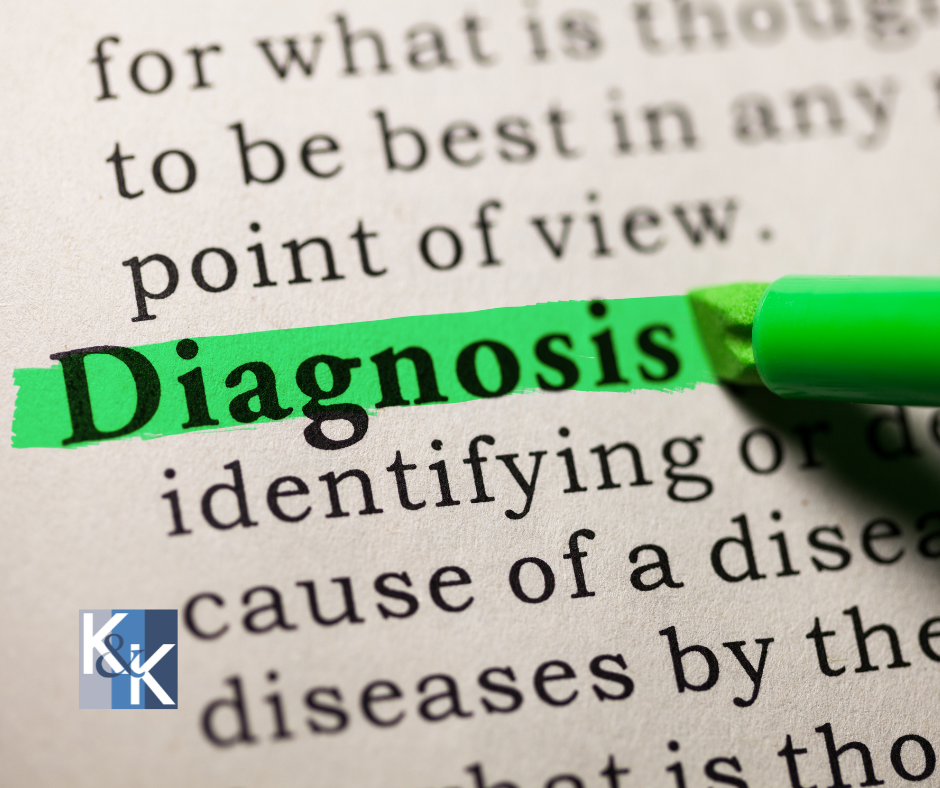
In 1997, Dr. Steven Bratman coined the term orthorexia to help his patients realize that instead of being healthy, their eating habits were disordered. Then in 2004, Dr. Bratman expanded his theory of orthorexia in his book, Health Food Junkies.The only problem is that unlike anorexia nervosa and bulimia nervosa, orthorexia nervosa is not an official disorder.
Orthorexia nervosa, as originally defined by Dr. Bratman, indicates an unhealthy obsession with eating healthy food. Orthorexics may eliminate entire groups of food — such as dairy or grains — from their diets, later eliminating another group of food, and another, all in the quest for a “perfect” clean, healthy diet. For othorexics, the quality instead of the quantity of food is severely restricted.
Orthorexia has become a controversial diagnosis in the medical community because unlike anorexia nervosa and bulimia nervosa, it is not recognized as a disorder in the Diagnostic and Statistical Manual of Mental Disorders (“DSM”), the most widely recognized guide to mental health disorders created by the American Psychiatric Association.
In a 2014 paper for Psychosomatics, titled “Microthinking About Micronutrients: A Case of Transition From Obsessions About Healthy Eating to Near-Fatal Orthorexia Nervosa and Proposed Diagnostic Criteria,” Thomas Dunn, a psychologist at the University of Northern Colorado, argued the case for creating a separate diagnosis for orthorexia. He proposed criteria for that diagnosis, including symptoms like a fixation on food quality and an intensity of obsession that disrupts people’s lives. Dr. Dunn’s theory is that orthorexics fit into the same rough demographic as anorexics.
But Dr. Bratman has cautioned that while orthorexia can coexist with anorexia (in the same way anxiety can accompany depression), there are important distinctions between the two conditions. Where anorexia is the fear of weight and a desire to be thin, orthorexia is the desire to be pure – and in some people manifests itself as an addiction to eat healthy food – that can result in unhealthy consequences. In severe cases, orthorexia eventually leads to malnourishment as critical nutrients are eliminated from a person’s diet.
Prior to the publication of the DSM-5 in 2013, the National Eating Disorders Coalition lobbied to have orthorexia recognized as an official diagnosis. Unfortunately, their efforts were unsuccessful. Ultimately without first defining orthorexia as an official disorder, it is hard for medical providers to offer the appropriate treatment.
Orthorexia is a serious disordered eating pattern that can have grave mental and physical health consequences, and people suffering from it need professional help.
If you or someone you know is suffering from orthorexia, or any other eating disorder, and you are being denied benefits by your insurance, please call Kantor & Kantor for a free consultation.
We understand, and we can help.

